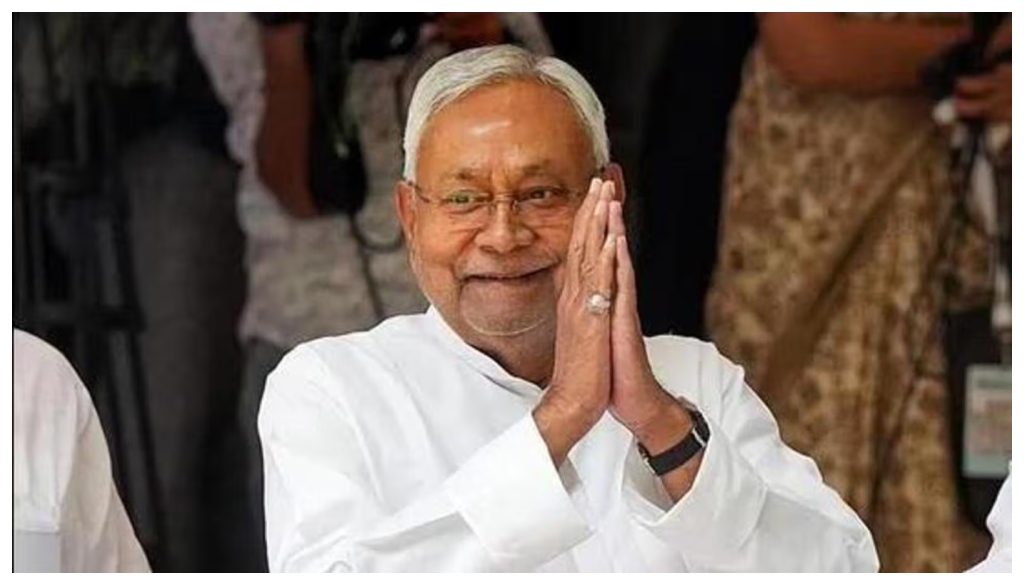
Patna: Long seen as an agriculture-dependent state, Bihar is fast reinventing itself as a rising industrial hub, propelled by proactive government policies and a growing consumer base. Under the leadership of Chief Minister Nitish Kumar, the state has witnessed significant developments in sectors such as food processing, textiles, tourism, information technology, and biofuels.
With a population exceeding 130 million and one of the youngest demographics in India, Bihar presents a sizeable market for investors. In recent years, the state’s pro-industry image has gained traction, shifting perceptions that large-scale investment is not viable in the region.
A key example of this shift was the Bihar Business Connect 2024 summit, which attracted participation from 423 companies and saw the signing of investment proposals worth Rs 1.8 lakh crore. The event underscored growing investor confidence in Bihar’s potential as an emerging economic powerhouse.
The state government has rolled out a series of reforms aimed at boosting entrepreneurship and attracting capital. The Bihar Startup Policy offers interest-free loans of up to Rs 10 lakh for a period of 10 years, encouraging young entrepreneurs to pursue self-employment. The administration is also facilitating land acquisition in cities like Patna and Gaya, which are fast developing into industrial clusters.
To streamline the investment process, Bihar has implemented a single-window clearance system, with land being allotted to investors within seven days. Additionally, plug-and-play industrial infrastructure is being developed to enable faster operational rollouts.
Investors in Bihar are being offered a wide range of incentives, including capital subsidies, tax exemptions, employment-linked grants, power tariff rebates, interest reimbursements, and patent support.
The state also holds the distinction of being the first in India to implement an Ethanol Production Promotion Policy. Eight ethanol units are already operational, with 60 more in the pipeline. A separate policy to promote biofuels offers subsidies of up to Rs 5 crore.
Incentives extend to other sectors as well: Bihar’s Leather and Textile Policy offers subsidies of up to Rs10 crore, while the logistics policy provides up to Rs 25 crore in subsidies and Rs 60 crore in interest-free reimbursements. Additional measures are in place to attract investments in IT, tourism, and other emerging industries.





